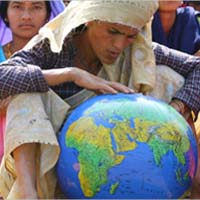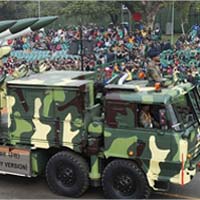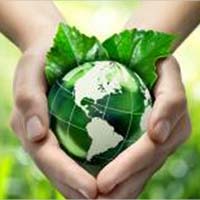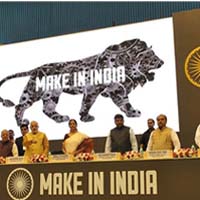
As an intrinsic part of the public diplomacy discourse education and culture are important mechanisms to establish a country's 'soft power' abroad. The actions of various actors and activities that encourage social, cultural, and educational relations as well as promote peace, sustainable development, human rights and universal values enhance the "soft power" quotient of a country.
Asia, home to powerful nationalisms and the theatre for 21st century global politics, is quite volatile in security terms. Be it the India-Pakistan rivalry, stemming in part from the unresolved issue of Jammu and Kashmir, the longstanding border dispute between India and China, the territorial tensions among India's East Asian neighbours centred around contested claims regarding the South China and East China seas.


The concept of sustainable development positions itself at the cultural, economic, environmental and cultural crossroads. Covering issues that range from climate change mitigation, poverty alleviation, gender equality, good economic governance to human rights, quality education and development partnerships, sustainable development has today become an important element of public policy-making.
India ranks considerably lower with regard to indicators such as 'ease of doing business' and 'country's capacity of doing business' when compared to many of its South and Southeast Asian neighbours. Make in India has been a conscious effort to reboot India's economy, and in doing so correct the course of its domestic, as well as foreign policy.
